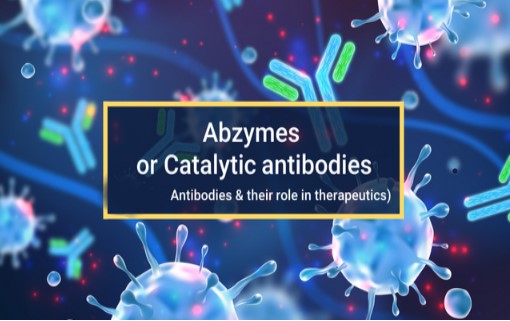An abzyme is a type of antibody that acts like an enzyme, capable of catalyzing specific chemical reactions. The term “abzyme” comes from combining “antibody” and “enzyme.” These engineered molecules have gained significant attention for their potential in biomedicine, particularly for their use in targeted therapies and disease treatments. While antibodies typically bind to antigens, abzymes not only bind to their targets but also catalyze reactions, making them a valuable tool in biotechnology and pharmaceutical research.
How Abzymes Work
Abzymes are designed to mimic the function of enzymes, which are biological catalysts responsible for speeding up reactions in living organisms. Like traditional enzymes, abzymes have an active site, where a specific substrate binds. What sets abzymes apart is that their active site is tailored to fit a particular transition state of a substrate, enabling them to catalyze the reaction more effectively. The substrate can be a protein, nucleic acid, or other molecules.
In simpler terms, abzymes combine the target recognition ability of antibodies with the catalytic activity of enzymes, allowing them to perform highly specialized functions that would be difficult to achieve with regular enzymes alone.
Applications of Abzymes
Abzymes hold significant promise for medical and therapeutic applications, particularly in areas such as:
- Autoimmune Diseases: In some cases, the body produces abzymes naturally, and they are linked to autoimmune diseases like lupus, where they may target the body’s tissues inappropriately.
- Targeted Drug Delivery: Since abzymes can be engineered to recognize specific molecules, they are being researched for use in targeted drug delivery systems. These systems could deliver medications directly to diseased cells without affecting healthy tissues.
- Cancer Therapy: Abzymes may also play a role in cancer treatment by targeting cancer-specific molecules, potentially breaking them down or helping in the delivery of chemotherapy drugs to tumors.
- Synthetic Chemistry: Abzymes can be designed to catalyze reactions that are difficult or impossible for natural enzymes, making them useful in synthetic chemistry for creating novel compounds.
Challenges and Future of Abzymes
While the potential of abzymes is immense, there are still challenges to overcome, such as ensuring their stability and efficiency in the human body. Additionally, large-scale production of abzymes requires sophisticated techniques. However, ongoing research continues to refine these molecules, bringing them closer to widespread therapeutic use.
In the future, abzymes may become a key tool in personalized medicine, allowing treatments to be tailored specifically to the molecular profile of individual patients. The development of catalytic antibodies opens new avenues for treating diseases that were previously difficult to manage.
Abzymes represent a fascinating intersection of immunology and enzymology. By combining the specificity of antibodies with the catalytic power of enzymes, abzymes offer new possibilities for targeted therapies, disease treatment, and chemical synthesis. As research progresses, these engineered molecules could play a crucial role in advancing both medical science and biotechnology.




